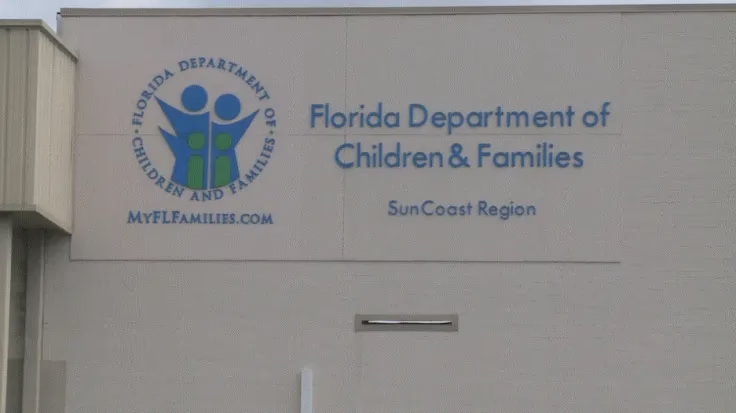A Honduran teenager under the care of Florida’s child welfare system was referred to federal immigration authorities earlier this month, triggering widespread concern among legal experts, child advocates, and immigrant rights organizations. The move is being described as a significant departure from a long-standing policy in the state.
According to Latin Times, officials from Florida’s Department of Children and Families (DCF) may have violated a directive dating back to 1995, which prohibits child welfare workers from cooperating with immigration authorities in cases involving abuse or protection-related services.
“It is unthinkable that DCF would collaborate in a way that places a child at such serious risk,” said Robert Latham, associate director of the Children & Youth Law Clinic at the University of Miami, in an interview with the Miami Herald, as reported by Latin Times.
“Their mission is to protect these children, not to hand them over to immigration authorities.”
The teenager, identified as Henry, reportedly arrived in the United States from Honduras at the age of 13 alongside his mother. After briefly staying with an uncle, he lived with his mother until she was arrested in Texas and deported. Left without a legal guardian, Henry tried to survive in Pensacola, Florida, while staying with his older brother and looking for work.
Documents reviewed by Latin Times suggest he may have been a victim of labor trafficking before fleeing and ending up homeless. After being found sleeping in a makeshift shelter, a tip was made to Florida’s child abuse hotline, prompting DCF’s involvement.
Henry was placed in foster care for just 11 days. In April, DCF initiated legal proceedings to have him declared a dependent of the state. However, Latin Times reports that on June 6, a DCF official referred the minor to U.S. Immigration and Customs Enforcement (ICE), even though no deportation order had been issued against him.
He has since been placed under the custody of the Office of Refugee Resettlement, a federal agency that handles unaccompanied minors.
Robert Latham noted that the policy prohibiting child welfare officials from alerting immigration authorities has been consistently respected for nearly 30 years, regardless of the political party in power. If this referral reflects a shift in state policy, he warned, “this is a major turning point.”
He added that DCF may have justified sharing Henry’s information based on administrative records related to undocumented minors, especially concerning their limited access to Medicaid.
Fran Allegra, former director of a foster care placement agency in Miami-Dade, warned of the broader impact such a move could have:
“This puts children in Florida at greater risk and could deter people from reporting abuse,” she said.
“Undocumented families already hesitate to call the abuse hotline. This will only make those calls even rarer—making rescues far less likely.”
Experts fear this potential policy shift could erode trust between immigrant communities and child protection institutions. Ron Davidson, former director of mental health policy at the University of Illinois at Chicago, emphasized the system’s reliance on public cooperation:
“Every state, including Florida, depends on public trust to report child abuse. When that trust is broken—as appears to be the case here—the risk to children increases dramatically.”







